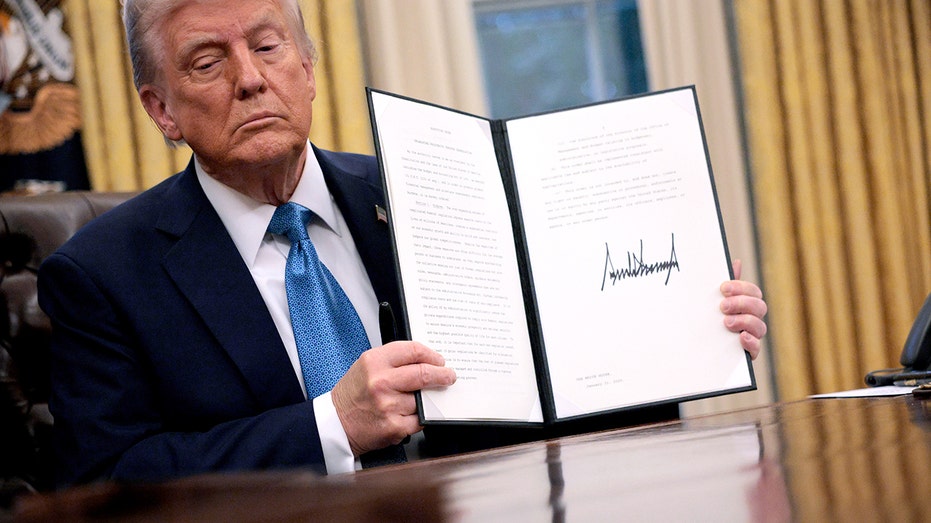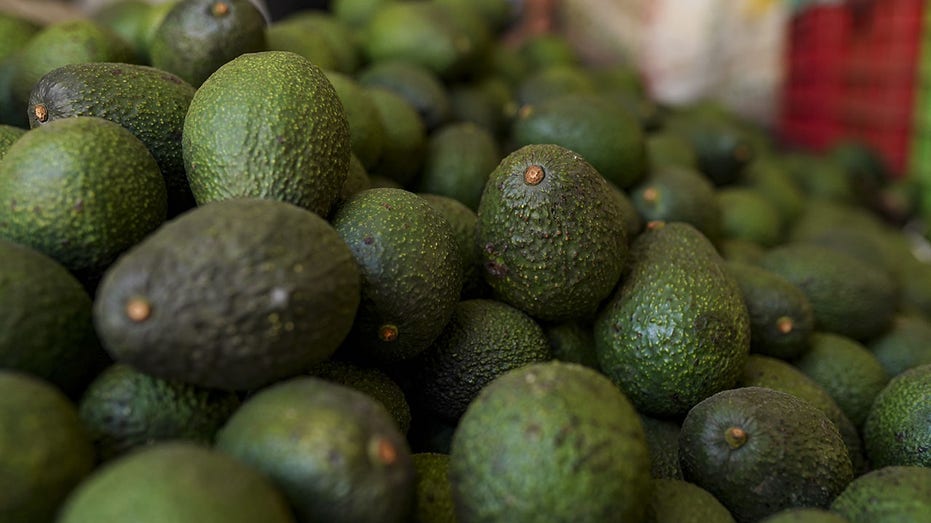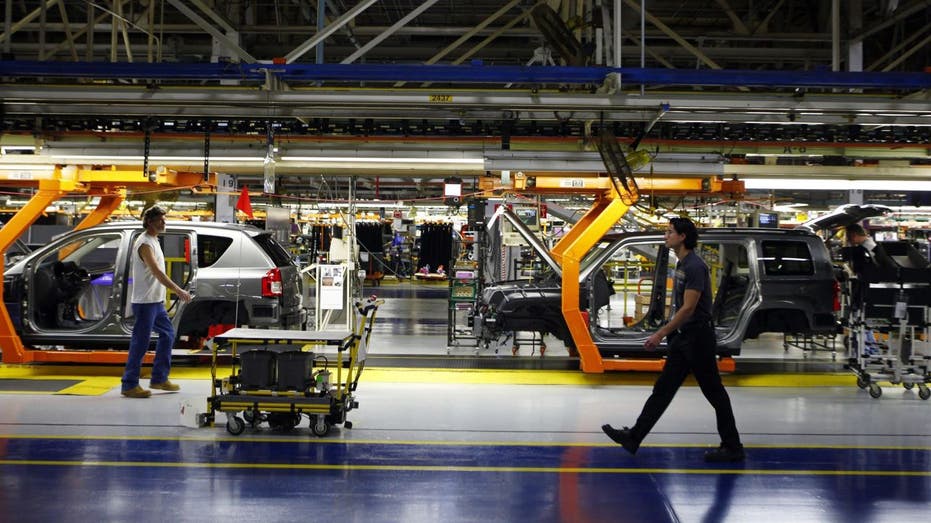Physical Address
304 North Cardinal St.
Dorchester Center, MA 02124
Physical Address
304 North Cardinal St.
Dorchester Center, MA 02124

Jonathan Wilkinson, a Canadian Minister for Energy and Natural Resources, discusses the potential effects of tariffs, energy exports, US-Kanada Energy Association and impending Canadian elections.
President Donald Trump In Mexico and Canada, the reporting of tariffs, although delayed for at least one month, may encourage the rise in prices paid by the products affected by the tariffs by consumers if they are finally executed.
Trump announced last weekend that 25% tariffs, which are taxes on imported products, would enter into force on Canadian and Mexican products and a lower 10% tariff of Canadian energy products. Canada and Mexico threatened the retaliatory tariffs in response to Trump’s tariff plans.
The president has agreed with Canada and Mexico to delay tariffs for at least one month after the two countries have announced the actions of fentanyl smuggling and illegal immigration at the United States.
While the Canadian and Mexican tariffs are waiting for the time being, their future potential implementation will allow American consumers to face higher prices if they eventually enter into force.
What happens to Trump Trump’s tariffs in China, Canada and Mexico?

President Trump called the tariffs as a negotiating instrument and a source of tax revenues. (Photo: Chip Somodevilla / Getty Images / Getty Images)
“Assuming that Mexico and Canada’s tariffs will come into effect next month, prices will be higher at a high price,” said Dan Savicas, vice president of political and government affairs for taxpayers’ defense association, FOX said, Fox said.
Scott Linccome, vice president of the CATO Institute’s general economics and commercial policy, said in an interview that “three major areas of potential consumer pain are food, energy and cars.”
“For food, we import a lot of fresh seasonal products and beer and some other things from Mexico,” he explained. “These are perishable objects that you cannot store and, in the case of avocado, is not very appropriate replacements in the United States or abroad. Since grocery stores have very low profits in the United States, it would inevitably see anything. He gave it to a consumer – not to go anywhere else.
Voters reject the pressure of Trump’s tariff; Most believe that politics violates the economy

Avocado is one of the Mexican products, which can see price increases when the tariffs are entered into. (Camilo Freedman / Bloomberg with Getty Images / Getty Images)
Linccome explained that the automotive industry is more complex, suppliers and products in the United States, Canada and Mexico, which contains the North American Auto Supply Chain.
“It applies customs tariffs for these things and effectively ensures that all three countries increase some significant cost increase for automotive manufacturers, and the question is how much of it will be handed over,” Linciccome explained. “Depending on who you are talking to, there is a new car between $ 1,000 and $ 6,000, and there is again a certain amount that manufacturers can absorb – of course, with less investment, hiring and emissions.”
“We import so much raw oil from Canada, and it’s a crude oil that we don’t really make in the United States, it’s a heavy crude oil. Some refineries, especially Midwest and Mountain West, are designed to process this type of crude oil and don’t really know To process the light crude oil that the United States makes cheaply or simply, “he explained.
Trump’s “external revenue service” collects from importers rather than “foreign sources”

The tariffs of the connected North American Auto Supply Chain may result in higher new car prices. (Michael Tercha/Chicago Tribune/Tribune News Service through Getty Images/Getty Images)
Lincole added that there are probably certain price increases for devices such as washing machines, dishwashers and air conditioners made in the three countries.
Other products that Savicas have noted, due to tariffs, include rising prices include lumber and related products, given the volume of Canadian lumber imported by the United States and Mexican tomato products.
Brandon Parsons, an economist at Grazadio Business School at Pepperdine University, told Fox Business that research has shown that the popular inflationary consumer price index (CPI) could increase by 1.3 percentage points when tariffs are made.
Given that CPI was 2.9% in December, it can raise inflation to over 4% – twice the level of Federal Reserve. Parsons said that for the average household, the CPI increase of 1.3% is likely to increase costs by about $ 1,000, and in some cases these costs could increase relatively quickly.
“Assuming these tariffs would go through within a month, I would expect food prices to rise relatively soon,” Parsons explained. “Certain products, such as an avocado, may probably be a few weeks, maybe even sooner in other cases.”
Trump tariffs ask for warnings of commercial groups

Gas prices may rise when tariffs are introduced to import Canadian oil. (Sven Hoppe / Picture Alliance through Getty Images / Getty Images)
In terms of energy prices, Parsons said his research has shown that gas prices could rise 70 cents in Canada, even if the lower 10%tariff is cut out. He added that retaliation between the United States and Canada could rise even higher.
Alex Durante, a senior economist at the tax foundation, told Fox Business that “since these tariffs are aimed at a wider range of goods, such as agriculture, companies will have less adjustment profit, so consumers will eventually bear the burden. “
Durante added that the United States can be considered a less credible trading partner in the future, given the two largest trading partners of the Canadian and Mexico, who are involved in the US-Mexico-Kanada agreement (USMCA). First cycle.
Get FOX Business by clicking HERE
“The United States also loses additional credibility, because when we sign the USMCA, some of which is a commitment not to introduce the tariffs with a violation of the agreement,” he explained. “So, overall, not only our economy will be worse because of the tariffs, but I think the United States will be harder to negotiate free trade agreements in the future.”